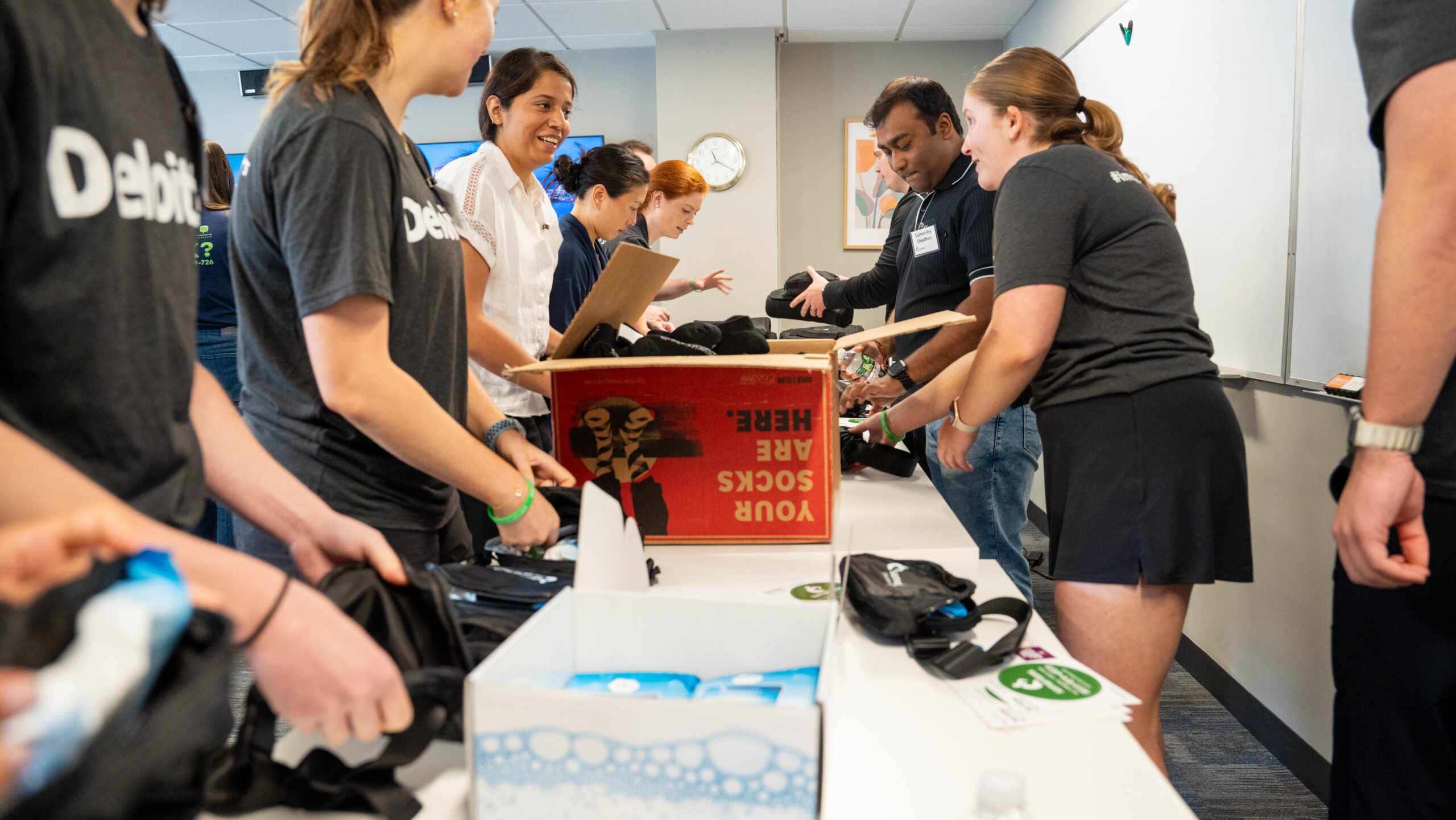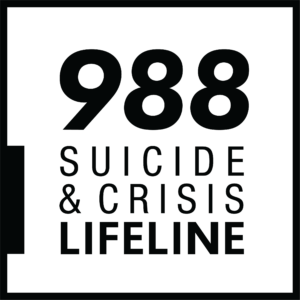
Caiden is a queer trans man and an Outreach Intern with Hey Sam, our peer-to-peer mental health support textline for people up to 24 years old. As we celebrate Pride Month, Caiden shares what he wants allies to know about supporting a loved one who is a member of the LGBTQIA+ community (Lesbian, Gay, Bisexual, Transgender, Queer, Intersex, Asexual/Aromantic, and other marginalized sexual/gender identities.)
Hello, and happy Pride month!
At Hey Sam, we support the mental health of all youth. LGBTQIA+ youth are more likely to struggle with mental health and thoughts of suicide than other people their age, especially if they’re in an unsupportive environment. If you’re a family member, guardian, or friend of a young person in the LGBTQIA+ community, here are some important things to keep in mind as you support their mental health and wellbeing.
Whether this information is new to you or not, your support and understanding can make a big difference in an LGBTQIA+ youth’s life. Consider sharing this blog post with someone who might find it helpful!
Coming Out
They are still the same person after coming out.
If you’ve known someone for a while, especially if you’re their parent or guardian, them coming out might feel like a big change. It’s important to remember that they haven’t actually changed as a person; they’re just sharing more about who they are with you.
If you’re having trouble accepting the way things might be different after someone comes out, or how your perception of their identity has changed, take some time to figure out how you can cope with that change in a healthy way. Don’t minimize their identity, or make them feel like they need to hide a part of themself from you. You can journal to reflect on your feelings, process with a trusted friend or family member, or seek out support groups like PFLAG. Whatever you choose to do, remember to support the person fully.
An “annoying” change for you might be life-changing (or lifesaving) for someone else.
If someone shares that they’ve decided to go by a new name or pronouns, making that change can be difficult, and it’s common to make some mistakes. Still, by putting in effort to refer to someone as their identity, you can show that you respect and care about them as a person.
Respecting someone’s identity can literally be lifesaving. According to The Trevor Project’s 2020 National Survey on LGBTQ Youth Mental Health, transgender and nonbinary youth who had their pronouns respected by most people in their lives attempted suicide at half the rate of those who did not.
Try practicing using a person’s preferred language when they’re not around so that you can get used to it.
Being Out
Identity matters, but it’s not the only thing that does.
If someone is a part of the LGBTQIA+ community, they probably consider that to be part of who they are as a person, but it’s just one part. Don’t assume that someone will like something or act a certain way just because they’re a part of the LGBTQIA+ community. This can feel dismissive, and these assumptions are often based in harmful or untrue stereotypes.
Being out is a personal choice.
Just because someone is out to you doesn’t mean they’re out to everyone. Even if they are, it doesn’t mean that they’re comfortable discussing their identity in any setting.
At the same time, identifying as LGBTQIA+ is not inherently inappropriate. If someone feels comfortable discussing their gender or orientation around others, don’t change the subject of the conversation, even if you’re not quite used to the topic yet. Allowing a young person to speak freely about their identity shows you support and care about all parts of them.
It’s okay to not understand.
If you struggle to understand a person’s gender identity, sexual/romantic orientation, or something else about their identity or experiences as a member of the LGBTQIA+ community, that’s okay, and completely normal. Being curious, or wanting more information about their identity, is also normal. Still, don’t make someone explain the parts of their identity that you don’t understand.
If someone is willing to break down their experiences in a way that makes sense to you, you should listen, but if not, there are tons of resources out there that can help you understand what they’re going through without putting that burden on them. For a good starting point, you can check out GLAAD’s LGBTQ glossary or the Trevor Project’s resource center.
If a young person in your life could use some extra support from a trained peer who “gets it,” have them save the Hey Sam textline (439-726) in their phone. They can text for any reason, big or small, 9am-12am (midnight) ET.









